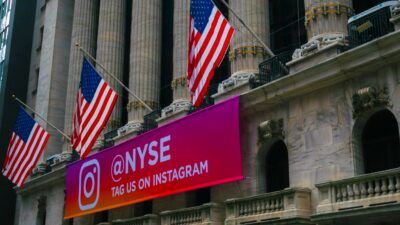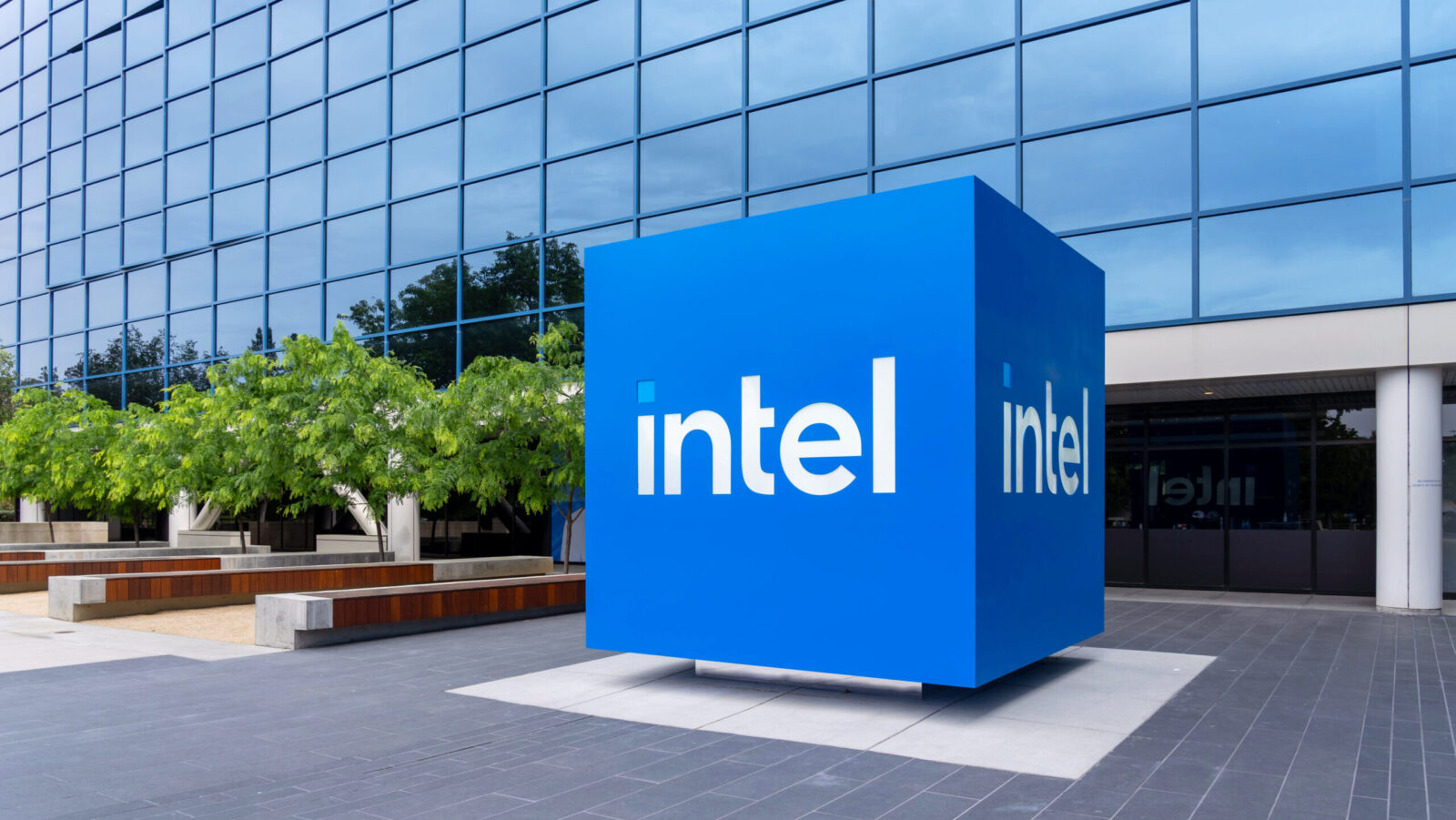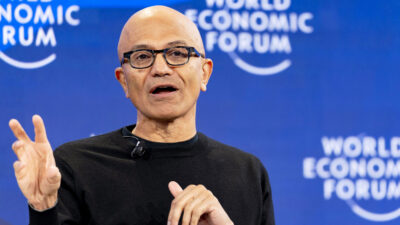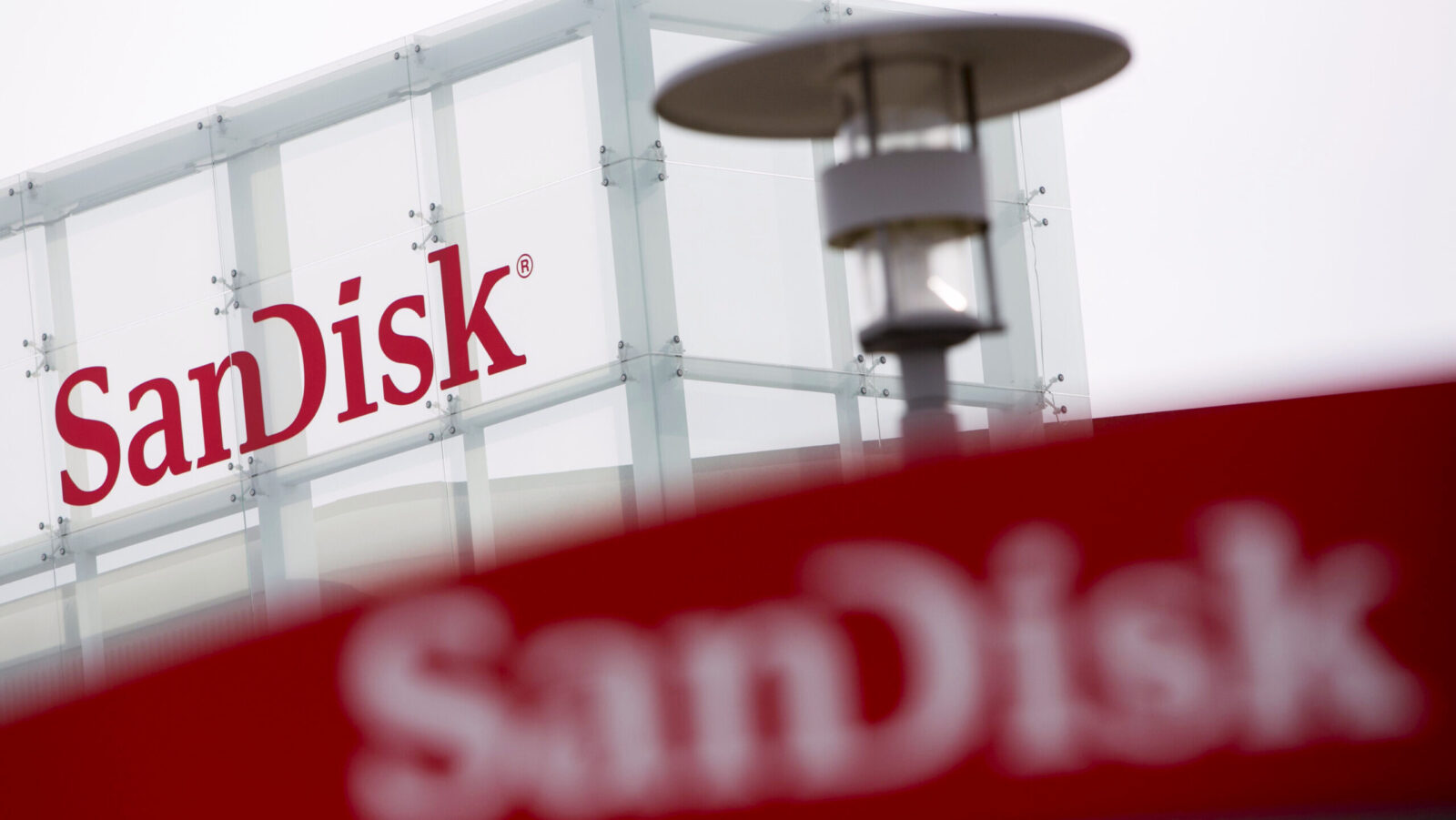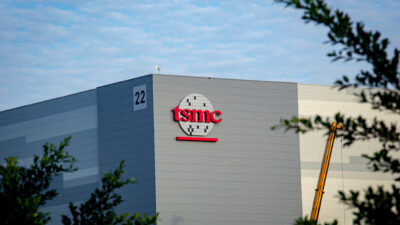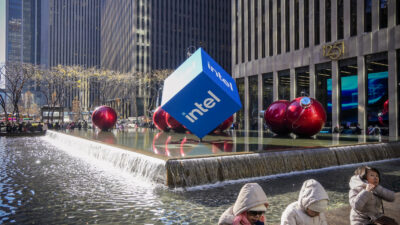Microsoft, OpenAI (Finally) Finalize Terms of Not-Quite Divorce
After long deliberations, OpenAI is finally transforming from a non-profit entity into a for-profit company — with Microsoft still involved.
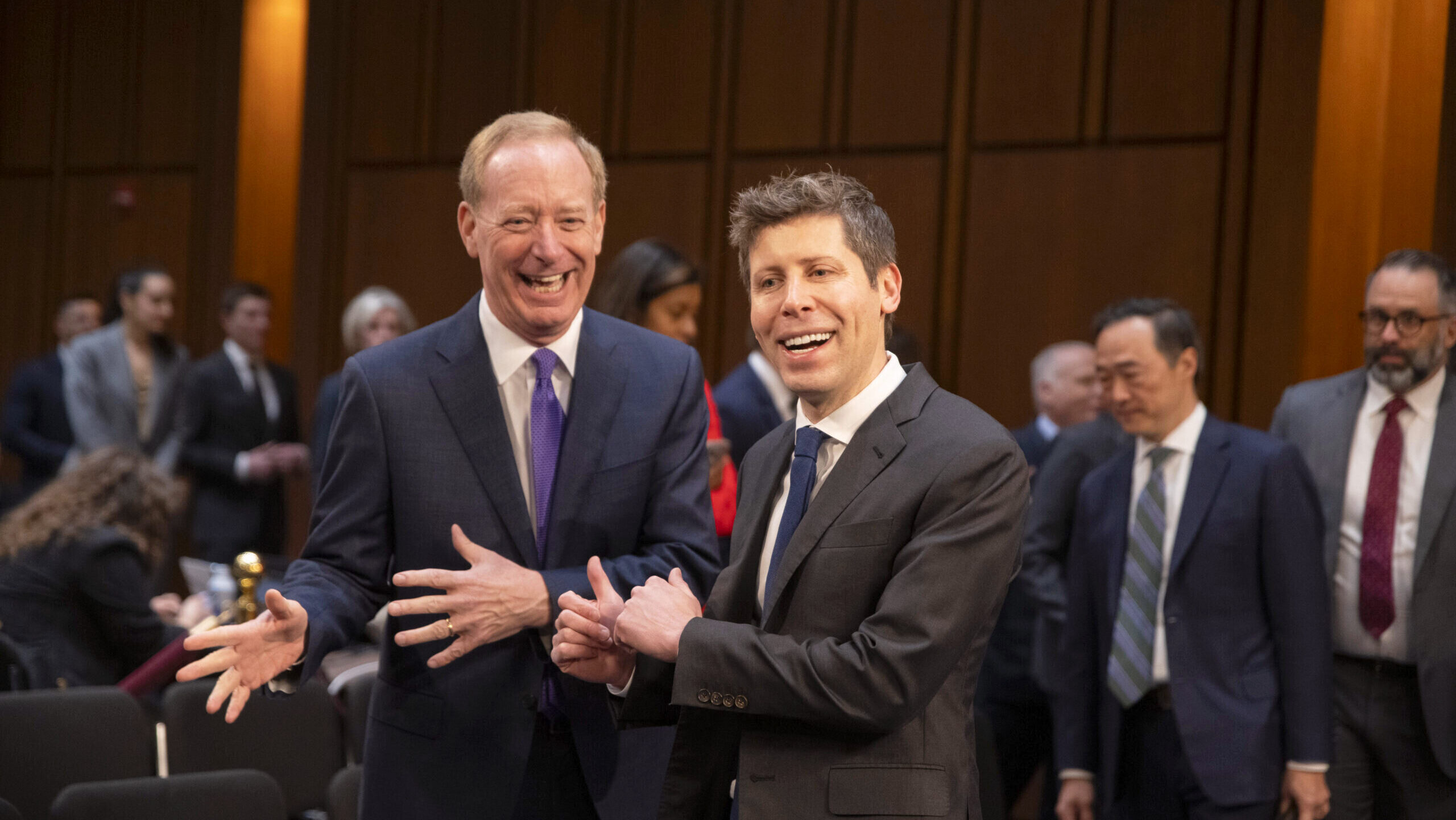
Sign up for smart news, insights, and analysis on the biggest financial stories of the day.
Microsoft and OpenAI are staying together for the kids. Sort of.
After lengthy deliberations en route to its transformation from a non-profit entity into a for-profit company, OpenAI finally came to terms Tuesday with its Big Tech incubator, Microsoft. It won’t exactly be a clean split.
Now Without Azure-ances
To recap, OpenAI was founded as a non-profit entity in 2015, with some $13 billion in backing from Microsoft and a stated goal of developing “safe and beneficial” artificial general intelligence (AGI), a level matching or topping that of humans. The problem, company leaders have argued in recent years, is that the road to AGI is long, arduous, and, most importantly, expensive. So expensive, in fact, it requires significant investment that only a for-profit entity could attract. Long standing in the way of OpenAI’s for-profit transformation has been Microsoft, which wanted to retain, or at least be duly compensated for, its slice of the world’s most valuable private company.
Under the terms of the deal, Microsoft will retain a 27% stake in OpenAI; that’s a slight decrease from its previous ownership of 32.5% but still worth some $135 billion. The news stirred enough investor enthusiasm to propel the Windows-maker into the ultra-exclusive $4 trillion market cap club. Another 26% of the for-profit OpenAI will be owned by the OpenAI Foundation, which will have exclusive control over hiring and firing board members and intends to keep the company true to its “safe and beneficial” mission statement. The remaining 47% will be owned by employees and other investors (one $30 billion SoftBank investment, notably, has been contingent on the company successfully transforming into a for-profit entity).
The upshot for Microsoft, which reports third-quarter earnings today, is that executives have struck a deal to offload much of the financial risk involved in funding OpenAI while securing assurances that it will benefit from whatever reward may lie in the company’s future:
- According to sources who spoke with Bloomberg, Microsoft will still be entitled to 20% of all OpenAI revenue (though OpenAI will now have a little more flexibility regarding how and when it pays). OpenAI also agreed to buy $250 billion worth of computing power from Microsoft’s Azure cloud computing unit.
- Additionally, Microsoft secured the intellectual property rights to OpenAI’s models and products, including data center hardware (but not consumer hardware) through 2032; that’s a change from the prior agreement, in which Microsoft had IP rights secured until OpenAI achieved AGI.
The AGI Endgame: The ongoing relationship comes with other possible expiration dates, too. Sources told Bloomberg that the revenue-sharing agreement will end if or when OpenAI achieves AGI. Microsoft will also own the IP rights to any research OpenAI conducts until 2030 or AGI, whichever comes first. And whether OpenAI achieves AGI will now be determined by an independent panel rather than OpenAI’s own board. After that happens, who knows? Though everyone involved seems to think it will be a really, really big deal.



